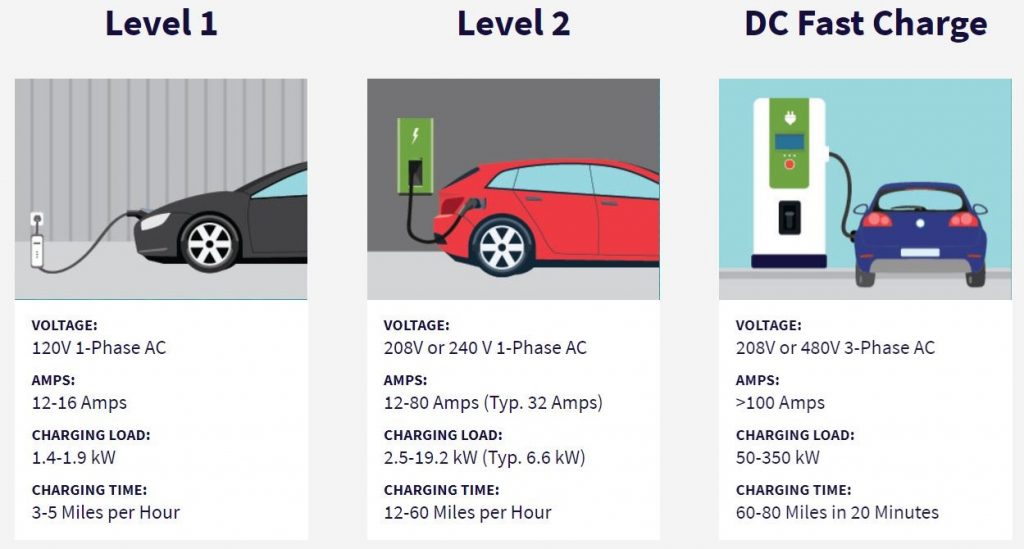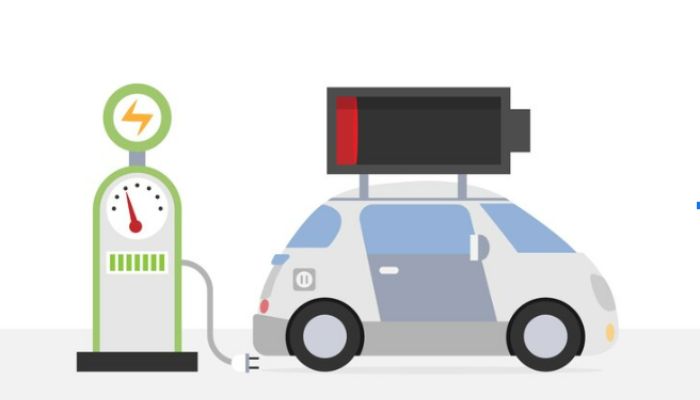Electric vehicles otherwise known as EVs are in demand since individuals prefer environmentally friendly vehicles. One question many EV owners ask is: How many APMs do I require for charging my EV? To understand this, let us first try to understand what amps are and, more importantly, their role in charging your car.
Table of Contents
ToggleWhat Are Amps?
Amperes or simply amps describe the amount of electrical current passing through a circuit. To explain it better, let us assume that phonological awareness is like water in a pipe and the pipe is the print. It is appreciated that the higher amperage means the more electricity will be conducted in the circuit. When it comes to EV chargers, amperes indicate the capability of power to get to your car’s battery.
Why Is EV Charger Amps Important?
Current is another factor that determines how quickly an EV is charged and this, Amps are really important when it comes to the speed of charging an EV. The higher the amps, the faster the charge of any battery you use for your various applications.
This means that you can get more range in less time. An amps rating that is too high will put a lot of pressure on your electrical outline while a low amps rating will slow the rate of charging.
How Many Amps to Charge an EV?

How many amps you require depends on one or two things. EV chargers are known to draw currents ranging between 10 and 80 amps on average. Here’s how different levels of amps affect charging:
1. Level 1 Charging (120V)
Level 1 EV charger conventionally demands around 12 amperes. This is the conventional charger that you can plug into an ordinary home socket. It is the most time-consuming of all and lasts longer to charge your EV. The amperage controls it, it adds, on average, 2-5 miles of range per hour.
2. Level 2 Charging (240V)
Level 2 chargers are faster and normally draw between twenty and fifty amps. The majority of home EV chargers can be categorized into this bracket. That means they can charge about 10-60 additional miles per hour depending on the charger’s amps and your car battery.
3. DC Fast Charging (Direct Current)
DC Fast Chargers can use between 100 and 500 amps or more. These chargers are found at charging stations and can charge your car up to 80% in as little as 30 minutes. However, these chargers are expensive and not practical for home use.
Types Of EV Chargers & Their Amps

EV chargers come in different types, each with a different amp rating. Here’s a closer look:
1. Level 1 Charger
- Uses 12 amps.
- Plugs into a standard 120-volt outlet.
- Slowest charging option (2-5 miles per hour).
- Ideal for overnight charging if you don’t drive much.
2. Level 2 Charger
- Uses 20 to 50 amps.
- Plugs into a 240-volt outlet.
- Faster charging (10-60 miles per hour).
- Ideal for daily home use and public charging stations.
3. DC Fast Charger
- Uses 100 to 500+ amps.
- Found at public charging stations.
- Charges cars quickly (up to 80% in 30 minutes).
- Expensive to install and use.
Regarding the differences between Level 1 Vs Level 2 Vs Level 3 EV Chargers, please click to learn more.
Factors When Choosing the Proper Amps
When deciding how many amps you need for charging, there are a few things to consider:
1. Your Car’s Battery Size
Some electric vehicles have bigger batteries than others. If you have a larger battery, you may need a higher-amp charger to charge your car faster.
2. Your Charging Speed Preference
Do you want to charge your car quickly or is overnight charging enough? A higher-amp charger will charge faster, but it may require an upgraded electrical system at home.
3. Available Electrical Capacity
Your home’s electrical system has a limit on how many amps it can handle. Adding a high-amp charger might cause electrical problems if your system can’t support it. Consult with an electrician to ensure you don’t overload your circuits.
4. Budget
Higher-amp chargers tend to be more expensive to install and use. You’ll need to balance cost with the charging speed you want.
5. EV Charging Network
If you rely on public charging stations, check what types of chargers are available. Many stations offer Level 2 chargers, but you might find a few DC Fast Chargers for quick top-ups.
Conclusion
In summary, the number of amps you need to charge an EV depends on the type of charger and your needs. For home charging, a Level 2 charger using 20-50 amps is usually the best option for most EV owners. If you need quick charging while on the go, a DC Fast Charger with higher amps is the way to go, but these are typically found in public charging stations.
When choosing an EV charger, consider your car’s battery size, your electrical system’s capacity, your budget, and how fast you want to charge. Each option has its pros and cons, so weigh these factors carefully before making a decision.
MoreDay is your go-to source for high-quality EV charging solutions. With expert guidance and reliable service, they help you choose the right charger for your home or business. Visit MoreDay to get started today!
FAQs
1. Can I use a Level 1 charger for my EV?
Yes, Level 1 chargers are good for overnight charging, but they charge very slowly. They are ideal for drivers who don’t need a lot of daily range.
2. How fast does a Level 2 charger charge?
A Level 2 charger can add 10-60 miles of range per hour, depending on the amps. It’s much faster than Level 1.
3. What is the fastest way to charge my EV?
The fastest way is using a DC Fast Charger, but these chargers are usually only available at public stations, not for home use.
5. Can I upgrade my home’s electrical system for higher amps?
Yes, it is possible to upgrade your electrical system to support higher-amp chargers, but this may involve significant cost and installation time.
Related reading: J1772 vs CCS: What’s the Difference?


